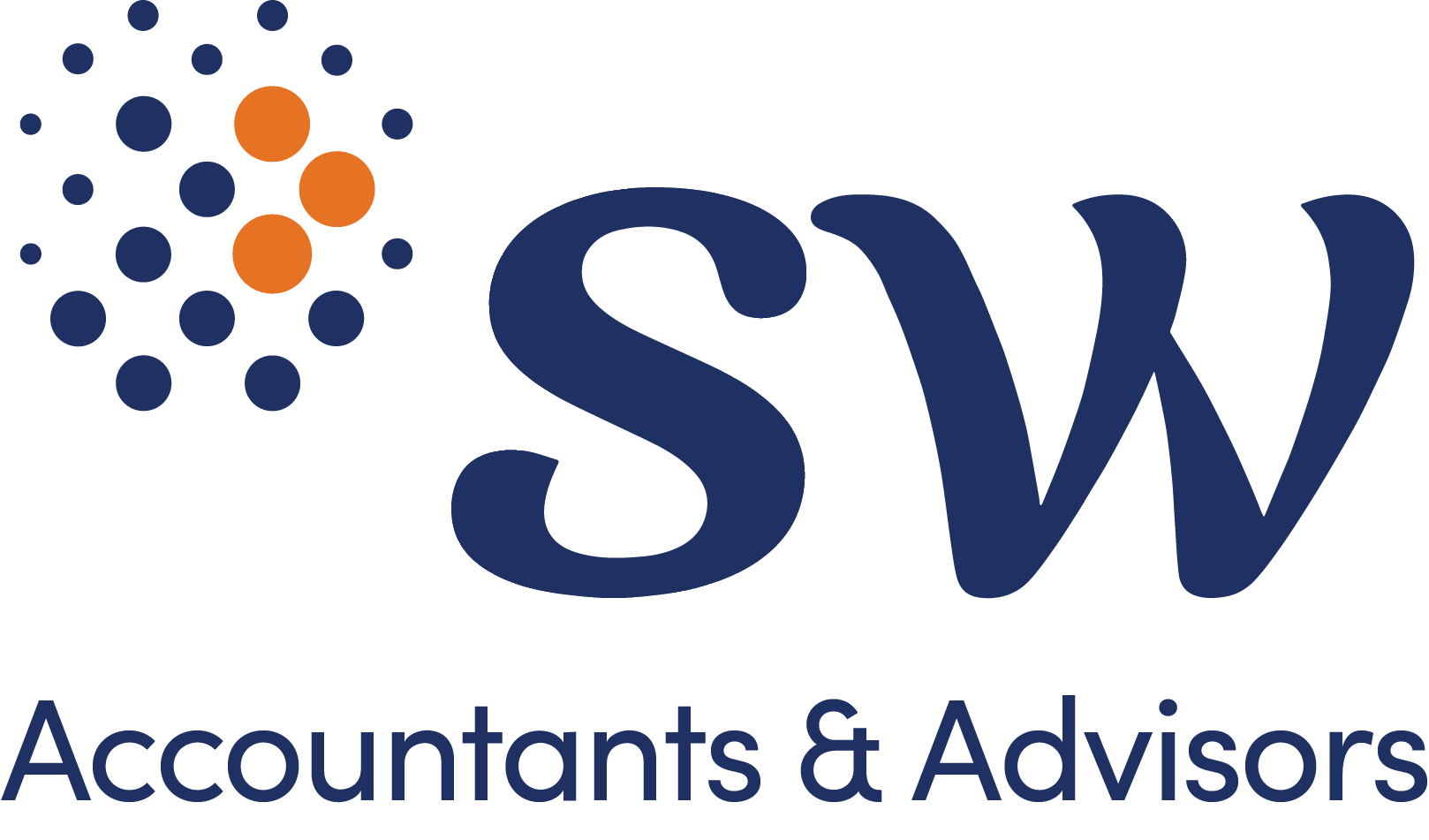
Updated Tax Ruling on character of software payments
06/02/2024
The ATO has released a new draft tax ruling (TR 2024/D1) on the character of software arrangements for public consultation. This outlines the Commissioner’s view as to when payments would fall under a software arrangement and are subject to royalty withholding tax.
The over-arching view remains that payments made for vast majority of software arrangements may be royalties when made by an Australian entity to an offshore entity. This includes cloud-based distribution, distributors of tangible hardware with a software component licensing, software-as-a-service.
The current draft is in essence a comprehensive rewrite, notably removing the concept of a ‘simple use of software’ but further considers the interactions and applications of the royalty definitions in domestic tax laws and Double Tax Agreements (DTAs). It replaces draft ruling TR 2021/D4 (issued in June 2021), which replaced TR 1993/12 (withdrawn effective 1 July 2021).
What has changed?
Under the current draft:
- The ruling applies to all cross-border payments relating to ‘software agreements’, defined as
an agreement, arrangement or scheme under which a distributor makes payment(s) directly or indirectly to the owner or licensee…of the copyright (or other intellectual property (IP)) for the right to be in a position to earn income relating to the use of, or right to use, software.
- Removed notion of payment for simple use will not constitute royalty i.e. using a software as designed or intended to be used
- Substantial emphasis placed on substance over (legal) form – Contractual terms of an agreement are relevant but not determinative of the payment characterisation. Rather, the ATO will undertake an objective assessment of the agreement and consider the commercial and practical context. Where distribution agreements cannot be performed or without using the IP rights granted, the entire consideration will be characterised as a royalty.
- Where a distributor is granted more than one right, (e.g. to distribute, use of copyright, etc.) under a single contract, the ATO accepts a ‘reasonable’ method of apportionment if the rights are independent. However, no further deliberation is provided in the ruling as to how to achieve this.
- The ATO takes a narrow interpretation of the example in the OECD Commentary and does not accept the a distributor could obtain certain rights for distributing the relevant software, without utilising the software copyright.
- As the term ‘copyright’ is not defined in DTAs, the Commissioner will take a ‘liberal interpretation’ of the meaning under the Copyright Act 1968. The copyright laws of foreign countries participating in various international copyright conventions may be considered.
Royalty ‘defined’
The table below sets out the ATO’s distinction when consideration constitutes a royalty payment.
| Royalty | Not a Royalty |
| – Grant of a right to use IP (e.g. to reproduce a computer program), (regardless of whether the right is exercised). – Use of an IP (under the standard tax treaty definition). – Supply of know-how in relation to an IP right. – Supply of assistance required to enable the application or enjoyment of the supply. – Sale by a distributor of hardware with embedded software, where the distributor is granted or uses rights in the IP of the embedded software. | – Solely for grant of right to distribute software without being provided the use, or right to copyright or another IP right. – Consideration for transfer of all rights with respect to software copyright. – Payment from distributor solely for acquisition of hardware with embedded software, provided the distributor does not use or is granted the right to use, any other copyright / IP in the embedded software. – Outright sale of all rights associated with the software and IP. Supplier must not retain any rights. – Consideration for the provision of services that are unrelated to any IP right referred to under the standard tax treaty definition. |
How does the ruling apply in practice?
To illustrate its view the ATO has replaced the eight high-level examples with two detailed scenarios.
In one scenario, the Australian entity (AusCo) is granted a non-exclusive right to resell its foreign parent’s (ForCo) software products in Australia. Whilst the agreement does not set out all the necessary rights and obligations to give effect to the software arrangement, certain key terms are provided, including:
- AusCo does not have any right / licence to any IP owned by ForCo
- End users enter into sales contracts with and pay AusCo
- Consideration for granting of non-exclusive right to distribute is determined based on sale of products, less an arm’s length fee for distribution services
- The products are stored in servers owned by the ForCo – for download / cloud-based access
- AusCo is required to maintain and enhancing the branding of ForCo.
The ATO considers payments made by the AusCo to ForCo is royalty because the rights and entitlements to use the software cannot be provided with the authorisation or communication by the ForCo (the copyright owner). Furthermore, AusCo has obtained other rights (e.g. use of ForCo’s trademarks, brands, enter into commercial rental arrangement (recurring licensing fee), etc.) under the agreement.
Reasonable apportionment may be applicable if sufficient evidence is provided to support the notion that the distribution right had substantial value independent of any right to use copyright or IP rights.
What is the (potential) impact?
The ATO is currently seeking comments on the draft ruling, with the consultation period closing on 1 March 2024. Once finalised, the ruling will apply to both prospective and retrospective arrangements.
Where a payment is royalty, it is subject to royalty withholding tax in Australia – either at the treaty rate (where there is a DTA) or the default rate of 30 percent. If the Australian resident makes overseas payments but failed to withhold and/or remit, deduction of these payments will be denied for income tax purposes until such time the withholding tax is remitted.
Whilst the draft ruling concerns payments relating to ‘software arrangements’, the ATO may also potentially extend its application to distribution / licensing arrangements to other industries (e.g. pharmaceutical), where the rights to distribute, copyright, technical know-how and/or provision of ancillary services may also typically be ’bundled up’ under a single agreement.
How SW can help
Our experts can assist with:
- further clarification regarding the draft ruling
- assessing and advising how the ruling may affect your existing and prospective cross-border arrangements.
Reach out to your SW advisor for support from our specialist tax team.

